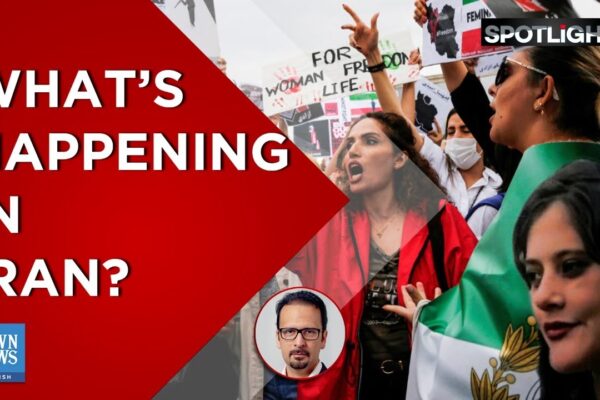
Introduction
As a nation with a rich history and a complex socio-political landscape, Iraq finds itself at a crucial crossroads in 2023. The relevance of Iraq extends beyond its borders, as developments within the country can impact regional stability and global geopolitics. In recent months, Iraq has been experiencing significant political transformations and economic challenges that demand attention.
Political Landscape
In late 2022, Iraq held parliamentary elections, leading to a prolonged period of coalition negotiations. As of March 2023, the new government, led by Prime Minister Mohammed Shia’ Al-Sudani, has faced criticism for its inability to address pressing issues such as unemployment, public services, and housing shortages. Despite these challenges, there’s a renewed focus on rebuilding the country and harnessing its vast oil resources to drive economic growth.
Security Concerns
The security situation in Iraq remains tenuous. While the territorial defeat of ISIS in 2017 marked a significant milestone, the group continues to pose a threat through insurgent activities, particularly in rural areas. In March 2023, reports indicated an uptick in attacks on security forces, highlighting the need for ongoing vigilance and strategic planning. The Iraqi government has prompted alliances with local tribes to bolster its security forces and reclaim stability in affected regions.
Economic Developments
Iraq’s economy heavily relies on oil exports, which account for over 90% of government revenue. The fluctuations in global oil prices impact Iraq’s financial health, prompting the government to seek diversification strategies. In efforts to stimulate non-oil sectors, the government announced initiatives to invest in agriculture and tourism, aiming to create job opportunities and reduce reliance on oil. International partnerships have also been sought to improve infrastructure and attract foreign investment.
International Relations
The geopolitical significance of Iraq, located at the crossroads of Middle Eastern trade routes, draws attention from various international stakeholders. In recent months, Iraq has been navigating complex relations with neighbouring countries, including Iran, Turkey, and Saudi Arabia. Efforts have been made to mediate regional tensions and promote cooperation, particularly regarding water resources shared with Turkey and Iran, crucial for Iraq’s agriculture and livelihood.
Conclusion
The situation in Iraq remains fluid, with its political dynamics, security issues, and economic dependencies intersecting in complex ways. As Iraq moves forward, the success of the current government’s initiatives could play a pivotal role in stabilising the nation and fostering regional cooperation. Continued international support and engagement will be essential for Iraq, as it seeks to reclaim its position as a key player in the Middle East.
You may also like

Understanding the Current Political Landscape in the UK

Current Events: What’s Happening in Iran
